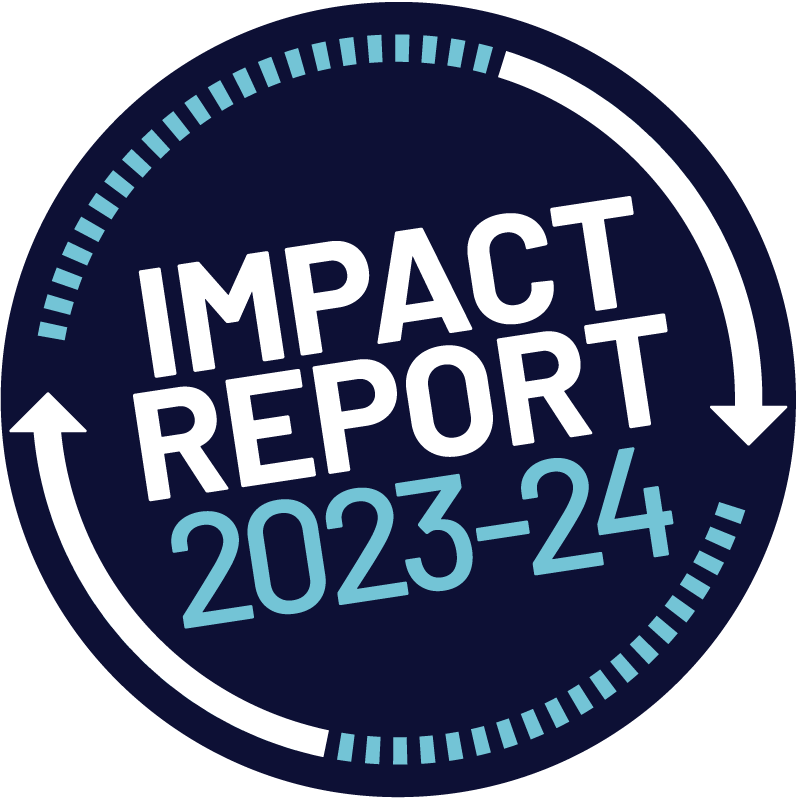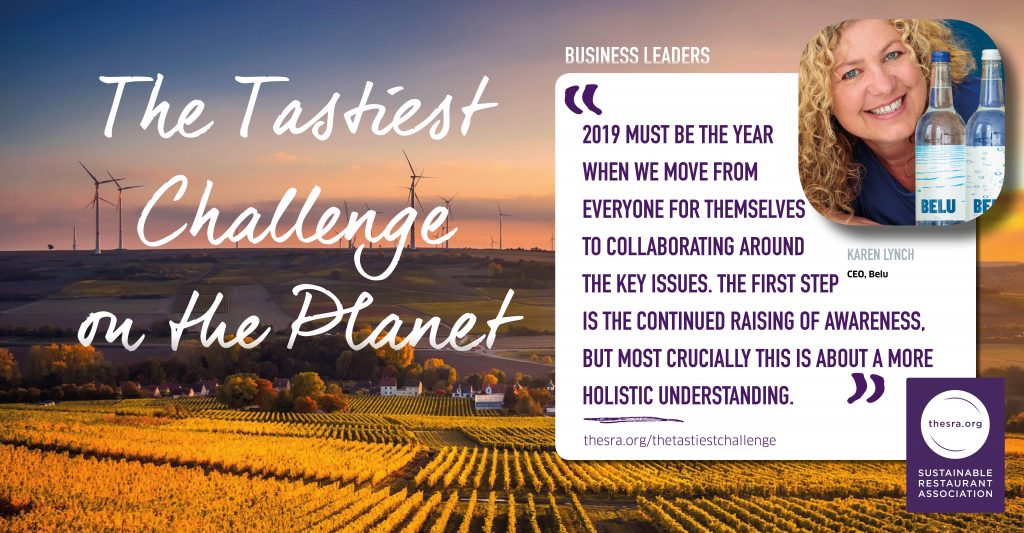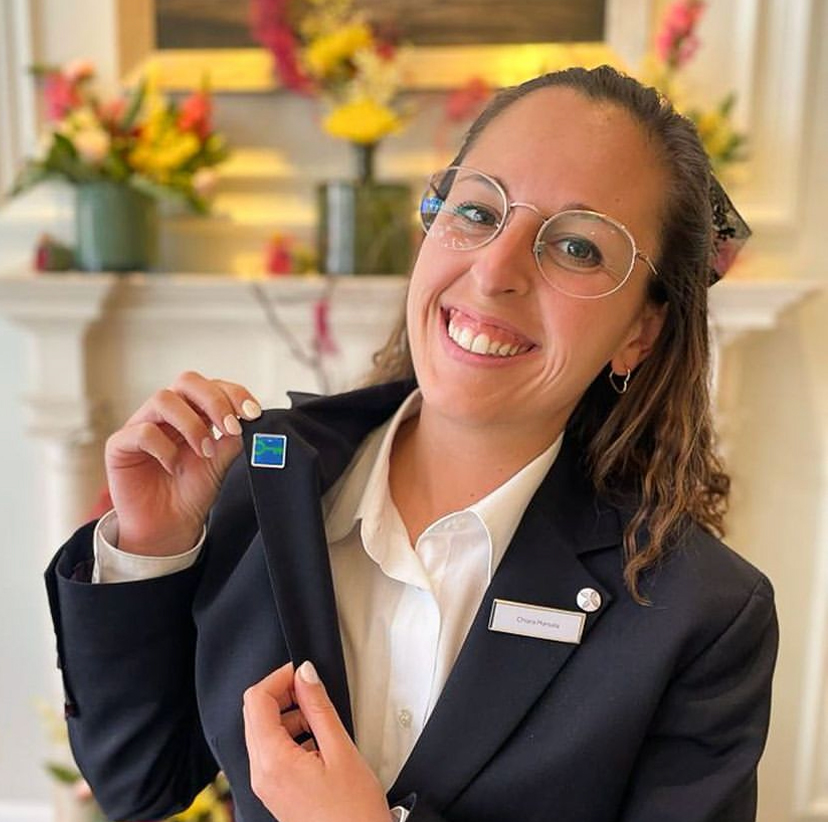

Belu publishes Impact Report 2023-24
Read Belu’s 2023-24 Impact Report here Today at Belu, on




Read Belu’s 2023-24 Impact Report here Today at Belu, on
We are part of a growing number of companies that


Belu has been helping hospitality to be more sustainable since